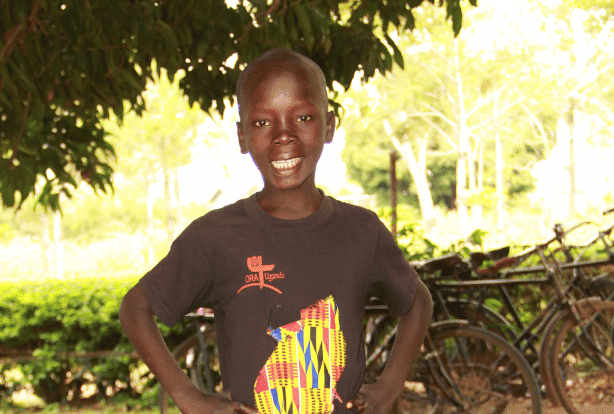Hope St connects Kiwis to children and communities in need by partnering with locals working in their own streets. People who are passionate about transforming their communities and the lives of children to give them hope for the future. These people identify, plan and implement their own programs in the fight against poverty: education programs, health care, clean water, microfinance and social business programs, protecting kids from neglect, trafficking and exploitation.
The strength of Hope St’s approach
A few years ago, I was chatting to someone over a cup of coffee at an international development sector conference. She asked where Hope St works and how many personnel we have. After I listed our partner countries and our handful of personnel and volunteers, I was quite strongly informed there is no way Hope St can be working where we work with so few personnel. The person turned around and walked away. I didn’t have a chance to explain that Hope St wasn’t doing all the work, that it is our international partner personnel who are the heroes. I didn’t have a chance to explain Hope St’s approach, and that we believe local capacity always has a more effective impact.
Then came the pandemic. While some international development organisations struggled to run their programs, I was reminded time and time again of the strengths of Hope St’s approach of partnering with locals. As they run their own programs, they were able to be adaptive, changing their programs to do what they could under local pandemic restrictions. Hope St was not struggling to run our programs. We only needed to support our international partner program adaptations.
Localisation
There has been much discussion within the international development sector about localisation. One definition of localisation is funding goes to local and national responders that are headquartered and operating in their own country with autonomous governance, and financial and operational decision-making1.
Since 2009 Hope St has worked with our local partners to ensure they are fully autonomous local actors. This has included a lot of time listening to and learning from their governance, management and personnel, and a lot of time encouraging their governance and management to take up the reigns themselves. Governance and decision-making have been fully transferred to partner executives and management, who are all of local ethnicities. Hope St now makes every effort to build and not undermine local capacity.
Changes in Hope St approach didn’t come from a policy to move towards localisation. To be honest, ‘localisation’ wasn’t part of our vocab when we headed down this approach. Changes came through observation and relationships, listening to locals, believing in them, watching them believe in themselves and discovering their strengths. It is exciting and fulfilling to watch a light come on in people’s eyes as they realise Hope St believes they hold the keys to transformation within their own community, not us.
The benefit of this approach has been deep relationships. I am in constant contact with Hope St’s international partners and find time and space to travel overseas to visit them.
Hope St equips, inspires and empowers nationals to help others in their land because it is our experience that local capacity always has more impact. You can learn more about the approach and the work of our partners here.
Our goal is to connect you passionate and generous Kiwis with these local heroes. Would you consider joining our community in supporting their work?
1Chris Clarke 2018



